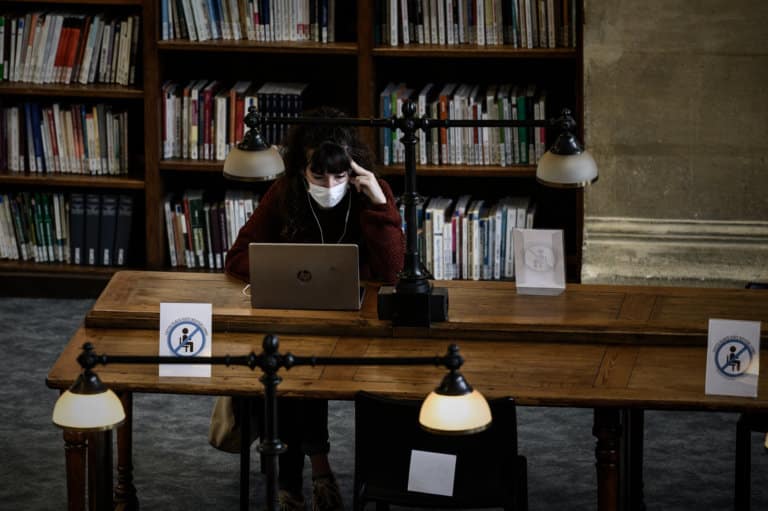
Burnout is a common phenomenon that is plaguing everyone in our modern era — from high-profile CEOs to overworked school students. Naturally, university students are facing it, too — and in higher numbers than ever before.
In fact, findings from a survey show that students at American colleges are experiencing higher rates of anxiety, depression, burnout and “unhealthy coping mechanisms” than ever before. This is the second time the survey has been conducted in less than a year — and in this short amount of time, students’ mental health were found to have significantly declined across the board.
However, what exactly does burnout entail? Therapist Karen Carloni sums it up as follows:
“Burnout is an oft used buzzword that describes the emotional, social and physiological result of a specific, chronic stressor—typically work. Sufferers describe feeling exhausted, angry and cynical and sometimes suffering from physical symptoms such as headaches or gastrointestinal upset.”
Am I feeling burnout?
If you’re reading this article, there’s a chance that you are feeling the same levels of stress, anxiety or emotional turmoil that sums up burnout. Perhaps you are upset and tired all the time, and are searching for a name for this feeling.
Some symptoms of student burnout are:
- Mental fatigue or emotional exhaustion
- Increased use of substances
- A lack of interest in hobbies and activities
- Poor academic performance and a tendency to skip classes
- Feelings of depression and/or anxiety
- Emotional unavailability
- Difficulty sleeping or relaxing
- Decrease in motivation and passion
If this sounds like you, you’re probably feeling some form of burnout — and it’s something you should address sooner rather than later.
How to overcome burnout
Luckily, there are many ways you can overcome burnout. This includes managing your workload, but also stems down to one consistent and clear goal: finding ways to bring yourself moments of happiness and relaxation.

there are many ways you can overcome burnout. Source: Oli Scarff/AFP
1. Plan out your studies
Most of the time, burnout happens because of a failure to plan ahead. As a student, you will naturally be expected to be aware of all the deadlines, assignments, and weekly tasks required for each of your subjects. However, if you don’t use this information to plan ahead, you might find yourself with a barrage of deadlines and assignments within the span of a week — which can lead to disastrous consequences for your mental health and physical wellbeing.
You should learn to organise your work in this regard. A great way to do this is to map out a timetable or academic plan, where you outline all your responsibilities. Allocate enough time for you to address them every week, and try your best to stick to it. This way, your workload will be stretched out over a longer period of time, making it more manageable.
2. Keep your weekends free from work
No student can be expected to work all the time. You might have many classes over the week, and take evenings to catch up with work or assignments. This way, your weekends can be free — leaving you time to do whatever you’d like.
Make an effort to ensure this. Keep your weekends reserved only for moments of rest, relaxation or fun — leaving you refreshed and ready to face the next week.

Keep your day varied and enjoyable — this way, you can have a little break in between your days before going back to your studies. Source: Robyn Beck / AFP
3. Find little ways to have fun
Sometimes, the weekend might be a little too far away for your liking. That’s fine — everyone feels that way at some point or another. When this happens, though, you should try to find ways to sprinkle some fun into your everyday routine.
This could be arranging to have lunch on campus with a friend, or taking a walk in the park in the evenings. Keep your day varied and enjoyable — this way, you can have a little break in between your days before going back to your studies.
4. Seek a counsellor
If all else fails, it’s always a good idea to seek out a counselling or therapy session. This is especially useful if you are already feeling severe levels of anxiety, depression, or sleep deprivation.
A therapist or counsellor can help you work through your burnout and find specific methods to address it. Most of the time, you’ll be able to find a counsellor at your university or campus. If these options are available to you, try to search online for one you might be able to speak to over call.










